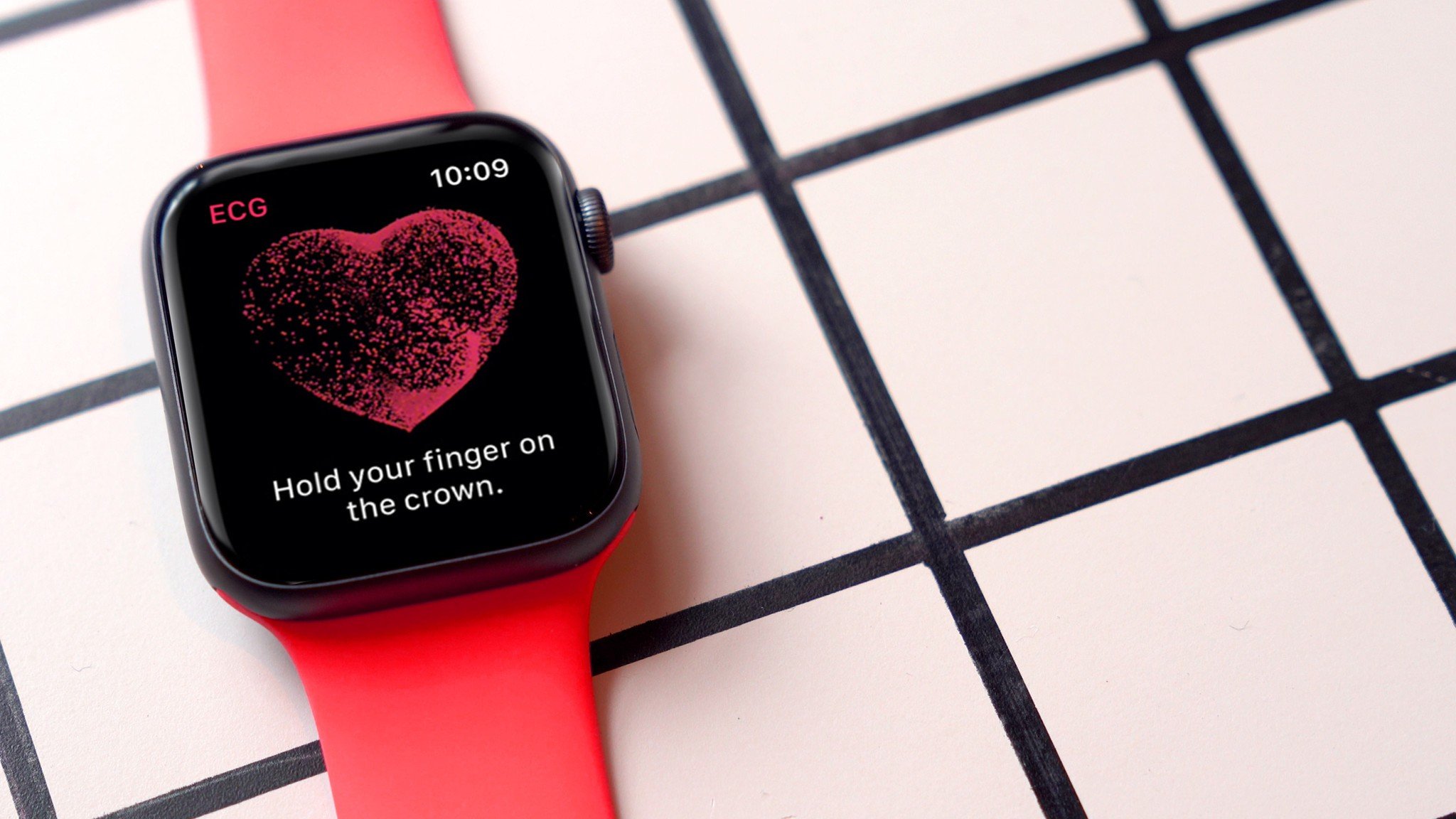Apple Watch helps 80-year-old woman prove heart issue to her doctors

iMore offers spot-on advice and guidance from our team of experts, with decades of Apple device experience to lean on. Learn more with iMore!
You are now subscribed
Your newsletter sign-up was successful
What you need to know
- The Apple Watch has saved another life.
- An 80-year-old woman was able to show her doctors a heart issue because of her watch.
- The information prompted her team to perform surgery on her heart.
The Apple Watch has had a huge impact on our health. From making sure we stay active every day and close our rings, to help us take a moment to breathe, it is a truly transformative piece of technology when it comes to helping us all live a healthier day.
Another area that the watch has played a huge role is in alerting us if there is something to be concerned about regarding our heart. With the release of the Apple Watch Series 4, the watch has not only been able to track your heart rate but take an ECG as well.
That feature specifically helped an 80-year-old woman prove to medical staff that something was seriously wrong with her heart. Reported by the European Heart Journal, when a traditional ECG showed no evidence of concern, the woman was able to show proof of an issue with the readings from her Apple Watch.
After reviewing the results from her watch, her doctors were able to identify an issue with her heart and perform surgery, adding a stent and releasing her from the hospital a day later.
"An 80-year-old lady with a work history as engineer presented with typical angina symptoms Canadian Cardiovascular Society Class III in our chest pain unit (CPU) ... the initial 12-channel ECG revealed no evidence for ischaemia. High-sensitive troponin I was also negative ... the patient also complained about previous frequent episodes of ectopic beats which were recorded with her Apple watch. Further, Apple watch recordings included tracings with marked ST-segment depression (Panel). Based on this evidence of ischaemia, further diagnostic in the CPU was omitted and the patient was transferred to the catheterization laboratory, where a left main stem stenosis and a left anterior descending/diagonal bifurcation lesion (Panel). Accordingly, the patient was treated with coronary artery stenting and left the hospital a day later."
The doctors concluded that, based on their experience, the Apple Watch is seemingly capable of detecting more than what is currently advertised by Apple.
"The development of smart technologies paves the way for new diagnostic possibilities. In the case of the Apple watch, after the mobile application is installed, the records an ECG when a finger is placed on the watch's digital crown. A 30-s tracing is stored in a PDF file that can be retrieved from the application. Thus, the Apple watch may be used not only to detect atrial fibrillation or atrioventricular-conduction disturbances but also to detect myocardial ischaemia."
While this may be true, it is not something that Apple is not advertising as a feature of the Apple Watch. The company must go through a ton of testing and receive clearance from the government in order to advertise a capability like this. We could, however, see Apple do just that in the future.
iMore offers spot-on advice and guidance from our team of experts, with decades of Apple device experience to lean on. Learn more with iMore!

Joe Wituschek is a Contributor at iMore. With over ten years in the technology industry, one of them being at Apple, Joe now covers the company for the website. In addition to covering breaking news, Joe also writes editorials and reviews for a range of products. He fell in love with Apple products when he got an iPod nano for Christmas almost twenty years ago. Despite being considered a "heavy" user, he has always preferred the consumer-focused products like the MacBook Air, iPad mini, and iPhone 13 mini. He will fight to the death to keep a mini iPhone in the lineup. In his free time, Joe enjoys video games, movies, photography, running, and basically everything outdoors.
